HHC - what is it?
min. reading
Hemp is a plant with a very wide range of phytochemicals that act in different ways. In addition to terpenes, flavonoids and many other substances, a large group are cannabinoids – constituents that are primarily characteristic of hemp. Scientists have already identified about 100 different compounds of this type. One of them is HHC, which has caused quite a stir in the hemp industry recently, particularly due to its affinity for delta-9-THC. You’ll read about what exactly it does, its legal status and how to obtain it later in this article.
Table of Contents
What is HHC?
It’s fair to say that this compound has recently made quite a stir in the global cannabis market, thanks in part to its origin and legal status in some countries. Hexahydrocannabinol, or HHC, is an analog of another popular cannabinoid available in cannabis, known for its consciousness-altering effects – THC. Both compounds have virtually the same molecular structure, with some minor differences that can affect their effects in the body. As you know, tetrahydrocannabinol is found in significant amounts in cannabis inflorescences, as is CBD. HHC can be described as a marginal compound, due to its very poor presence in these parts of the plant. In many forums, there is an opinion that it is a newly discovered substance that is currently of great interest to hemp consumers. Is it really new?
How is HHC formed?
There are two ways this compound is formed: natural and chemical. HHC is a cannabinoid that develops as one of the many active substances of cannabis, in the process of maturing the plant. Hexahydrocannabinol in its natural form was only discovered in 2020, when a group of scientists from Spain analyzed the lipid extract from Cannabis sativa L. The inflorescences, or more precisely the trichomes, contain the most cannabinoids, but even there HHC is present only in trace amounts. THC and CBD predominate above all in the various cannabis strains. For this reason, products containing natural hexahydrocannabinol are difficult, if not impossible, to produce at this point, and would certainly be very expensive.
In contrast, scientists discovered the synthetic form of the compound much earlier, as early as 1944. This was done by chemist Roger Adams, who, for the rest, was the first to isolate CBD four years earlier. HHC is obtained through a chemical process called hydrogenation. It involves replacing the carbon bond of the delta-9-THC compound with hydrogen molecules, two atoms to be exact. It is an identical process to the one that transforms sunflower oil into margarine. The result is a more stable compound with a longer shelf life. Among other things, it will be more resistant to sunlight and temperature, so products containing it can be stored longer than those with THC. The resulting compound is semi-synthetic, meaning it exhibits the characteristics of the natural hexahydrocannabinol contained in the plant. HHC remained in the shadows until recently, when it began to attract attention because of its association with THC. Their mode of action is also very similar. In some countries, it is being promoted as a substitute for it, especially where marijuana is not legal.
Is HHC legal?
The question of legality has made this compound very popular. As with most new cannabis trends, this one had its origins in the US. HHC, unlike THC, is not a federally banned substance there. This is all thanks to regulations introduced in 2018 that determine when the cultivation and sale of cannabis is legal throughout the US. According to this law, legal fiber hemp derivatives are those that contain less than 0.3% THC on a dry weight basis. HHC products available in the U.S., including food items and e-cigarette cartridges, meet this legal requirement as long as there are no regulations in the state prohibiting the substance. There is a bit of a loophole, as officially it is said that HHC is a psychoactive compound and should be regulated at the federal level. At this point, however, it is not known when this might happen, but it is to be expected that it could happen in the near future. The consequence is that residents of states that do not prohibit the use of HHC have legal access to it, such as in Ohio and Virginia. The substance is fully legal at the federal level in 41 states, while delta-9-THC is federally illegal and banned in most states.
In Europe’s backyard, the Czech Republic is an example of such a country. That’s where we can buy hemp products containing the intoxicating HHC completely legally. This is due to the fact that the substance is currently not on the government’s list of banned addictive substances, unlike THC. So this is an example of another “loophole” for this substance. Interestingly, products with HHC, such as dried, jelly or hemp oils, can be easily ordered to Poland from the Czech Republic or even the US. However, this does not mean that we can legally possess this substance.
HHC in Poland – Law
As recently as early 2022, the exact legal status of HHC in Poland was not fully known. Various entities such as cannabis activists, journalists and entrepreneurs began sending inquiries to state bodies to learn the official position of the Polish Government on the compound. The opinion of the Main Pharmaceutical Inspectorate is that HCC is not legal in Poland. As it later turned out, the substance has long been listed in the appendix to the Law on Counteracting Drug Addiction in the group of THC derivatives and isomers, under the name “6a,7,8,9,10,10a-hexahydro-6,6,9-trimethyl-3-pentyl- 6H-Dibenzo[b,d]pyran-1-ol.” So, in the case of our home backyard, there is no doubt that by buying a product with HHC abroad and bringing it into Poland, we are breaking the law. Therefore, one should be on guard, because there is no shortage of offers to buy such products on the Polish Internet.
How does HHC work?
Like other cannabinoids, HHC also affects the endocannabinoid system, which is the central control system for important biological processes in our bodies. HHC’s chemical structure is very similar to THC, so it binds to the same CB1 and CB2 receptors as a partial agonist and antagonist. This means that, like THC, it exhibits both blocking and inducing effects in the cell. The difference between the two is that HHC is weaker in effect, but it still has an effect on the nervous system. Many users observe similar effects to those of tetrahydrocannabinol, however, with some noticeable differences. The substance is not as potent in action as delta-9-THC, but it is also more potent than one of the isomers, delta-8-THC. Ingested HHC in dried or oil form enters the bloodstream from where it reaches the brain, where it binds to receptors that affect specific neurons. The substance affects activity, perception, mood, energy levels and several other aspects.
How does HHC affect the body?
The effect of HHC can be compared to the effect exhibited by cannabis strains with sativa dominant genes. Delta-8, on the other hand, will be a hybrid of sativa and indica. HHC, compared to other THC isomers, will show more of an energizing effect, while its effect on the body will not be as strongly felt as in the case of delta-9 (it shows about 70-80% of its potency), but it will certainly be noticeable. Under the influence of HHC, a person will be visibly more stimulated, eager for activity and action. This may be accompanied by a feeling of relaxation of the body and relaxation, reaction time may be slightly slowed down.
Effects of HHC on the mind
Most users experience HHC at the mind level as a mild stimulant. Its mood-enhancing, relaxing, energizing, creativity-boosting and creative effects have been indicated. The compound stimulates an increase in activity somewhat differently than THC, its effects being milder and its effect on mood very favorable. Perhaps this is due to the fact that the psychoactive effect of HHC appears gradually and increases slowly, while that of THC enters quite abruptly. It is also distinguished by a less intense change in perception, since its effect is a little weaker, not giving strong effects of lack of control over reality or one’s own body. Its euphoric psychoactive effect is characterized by a calming effect, a big advantage over delta-9-THC, which can stimulate unpleasant anxiety and paranoia.
Is HHC safe?
First of all, it is important to keep in mind that this compound is very poorly studied and the scientific world still knows very little about it. Most studies approach HHC like THC by the similarity of their chemical structure. Due to its action and effect on the body, it shows similar properties, it just has a slightly different potency. Thus, it can be considered that HHC is safe to a similar degree as THC. Thus, certain risks should be taken into account, which include:
- possible impairment of perception, reaction time and effects on driving ability,
- addictive potential,
- negative effects on productivity and self-motivation,
- negative impact on relationships, tendency to isolation,
- short-term memory impairment,
- higher risk of injury in the elderly,
- induction of pre-existing mental illnesses, possible paranoia, panic attacks,
- interactions with many medications, for example, for high blood pressure, diabetes or antidepressants.
It should be borne in mind that the above effects usually involve cases of substance abuse or uncontrolled intake without medical supervision. In addition to the risks, there are side effects that are less dangerous, but certainly worth noting. These include:
- anxiety,
- weakness,
- dryness of the mucous membranes, for example, in the mouth,
- reddened eyes,
- sensitivity to sounds and harsh light,
- accelerated heartbeat,
- low blood pressure.
HHC vs. drug testing
It is important to note that although HHC has a similar chemical structure to THC and its various isomers, it does not belong to this group of substances. It is an analog of THC, so there is some likelihood that some THC detection tests will fail to detect HHC. This is especially true of strip or plate tests that react to one type of chemical compound. On the other hand, there are many types of tests, including those performed in a laboratory, that will verify a broader group of substances, not just THC isomers. Thus, when taking a product with HHC such as oil, jelly, or smoking dried hemp with its contents, it should be assumed that it may test positive in a drug test that detects marijuana (THC).
Sources:
- https://www.weednews.pl/czym-jest-hhc-i-czy-jest-legalne-w-polsce/
- https://neurogan.com/blogs/news/hhc-effects
- Ahmed, S. A., Ross, S. A., Slade, D., Radwan, M. M., Khan, I. A., & ElSohly, M. A. (2015). Minor oxygenated cannabinoids from high potency Cannabis sativa L. Phytochemistry, 117, 194-199.


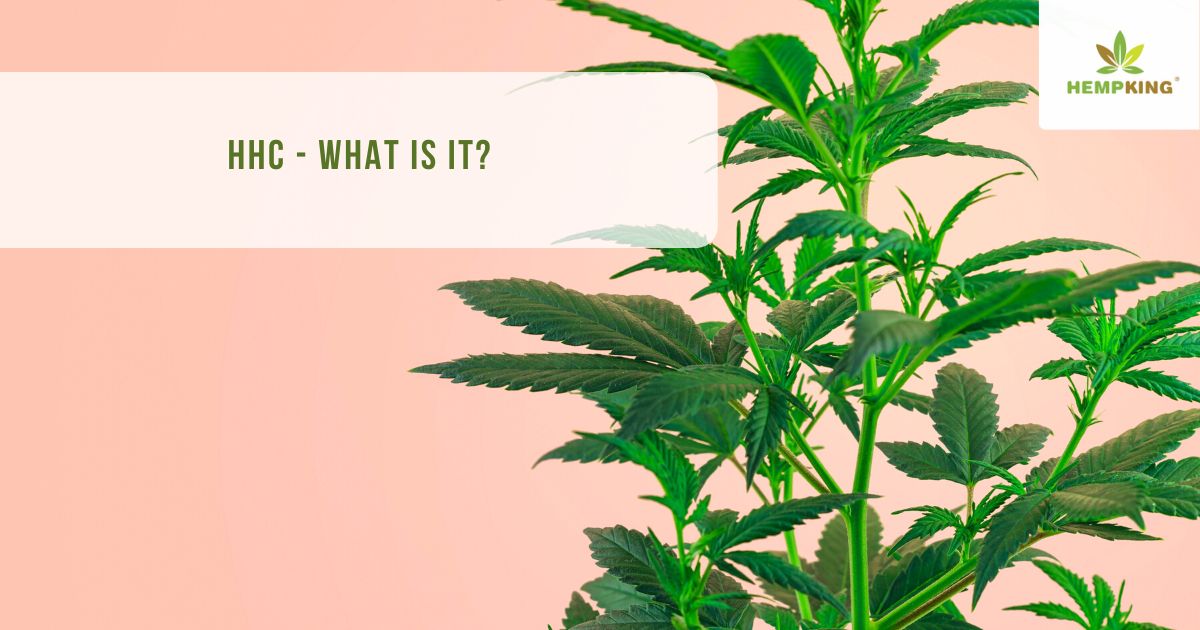
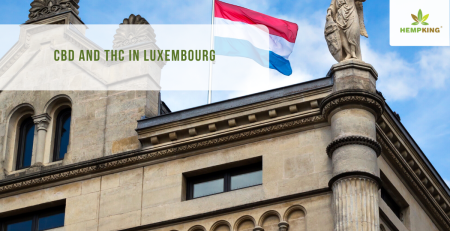
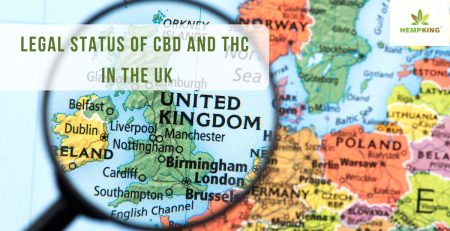





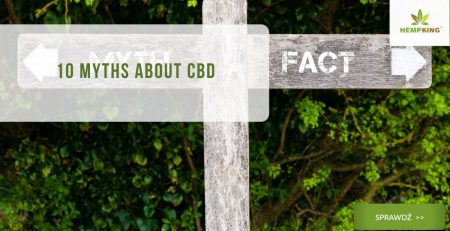


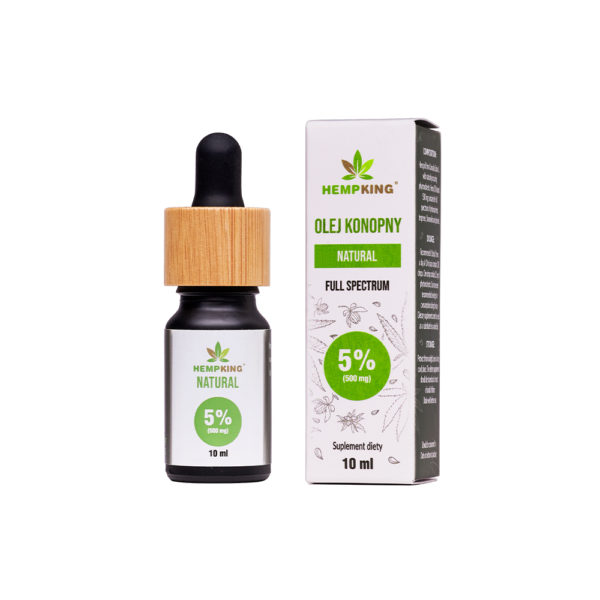
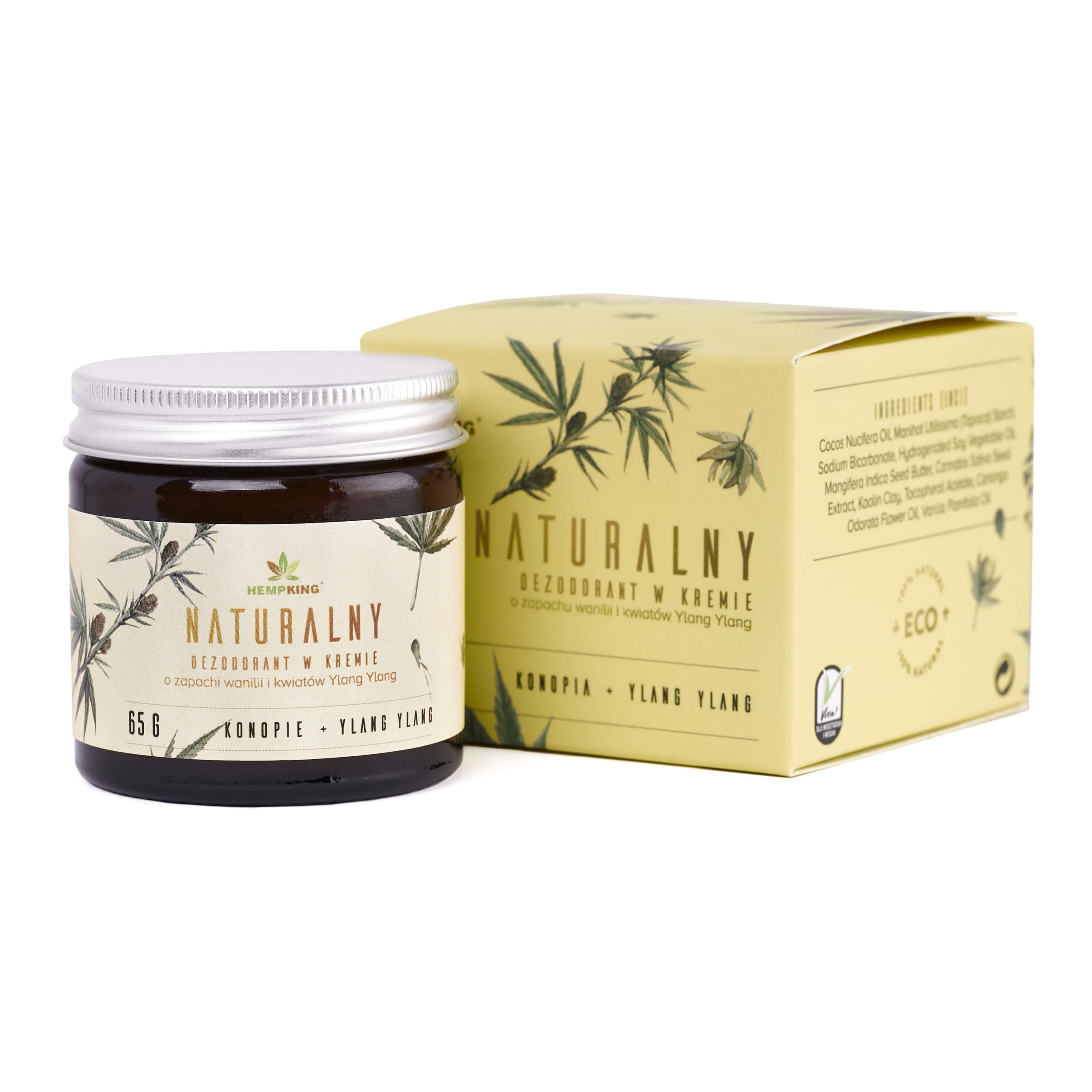
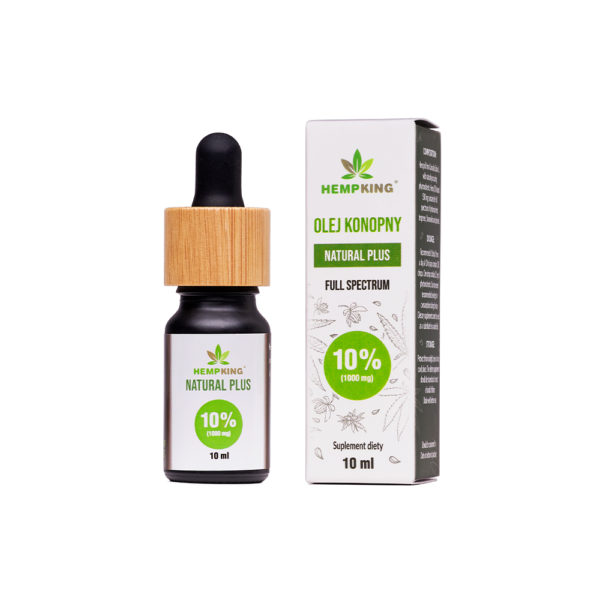
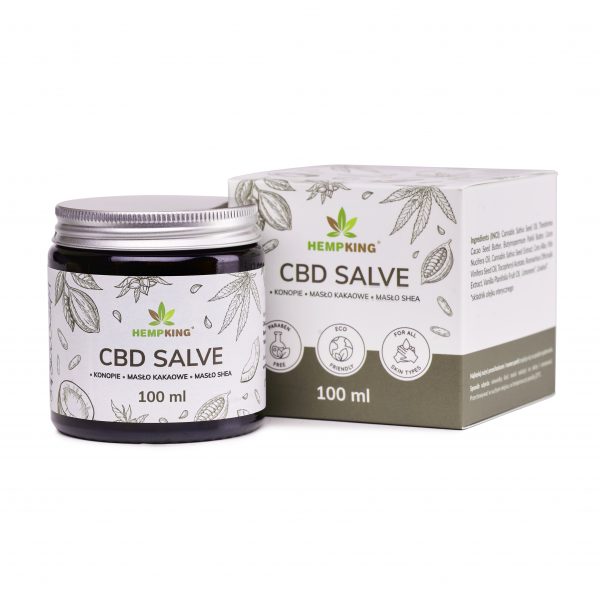
 Facebook
Facebook Instagram
Instagram

Leave a Reply